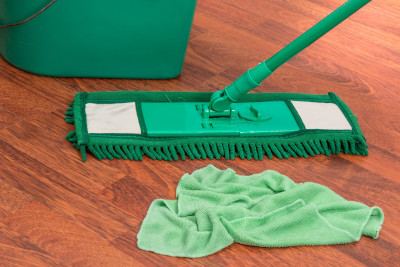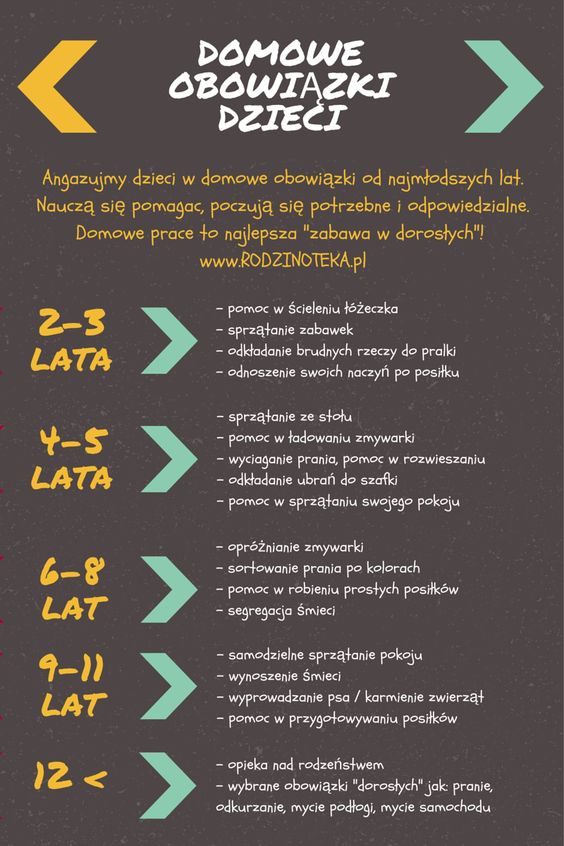SHOULD THE CHILD HAVE RESPONSIBILITIES?
- Categories An Aware Parent's Zone
- Date 2 March 2020


Psychologists emphasize that responsibilities in the life of a child are necessary. Household chores teach the child responsibility and thus self-esteem, satisfaction and pride. Responsibilities should be appropriate to the age and capabilities of the child, and praise for their performance should be linked not to the result- effect (e.g. a perfectly made bed), but to the contribution to the life of the family, the child’s effort and willingness to help.
HERE ARE SOME TIPS FOR A PARENT WHOSE CHILD DON’T WANT TO PERFORM HOUSEHOLD CHORES:
- consider whether the responsibilities we have come up with do not exceed the child’s abilities
- discuss with the child whether they would like to replace this duty with another
- discuss with the child, does he have any other ideas to support family life, if so, what?
- ensure that our expectations are clearly formulated and that the child understands what to do and how
- some children are helped to organize their duties by weekly plans and lists of individual tasks to be carried out
- look at the child: his form, mood, etc. (may have a worse day, be tired, sick, go through a crisis, etc.),
- do not be too rigid in the expectations of the child, nothing will happen, as from time to time the child’s toys before bedtime will not be laid out
- do not to treat domestic duties as punishment or consequences for the child’s misconduct
- stress that responsibilities are the shared responsibility of each family member facilitating the daily organization of life
- make sure that the child hears our “thank you” and feels that we notice his or her contribution
- let us not criticize or compare a child’s work to his or her siblings or to our work
- let’s combine the performance of duties with the result (if we clean together, it will go faster and we will be able to go to the playground earlier)





